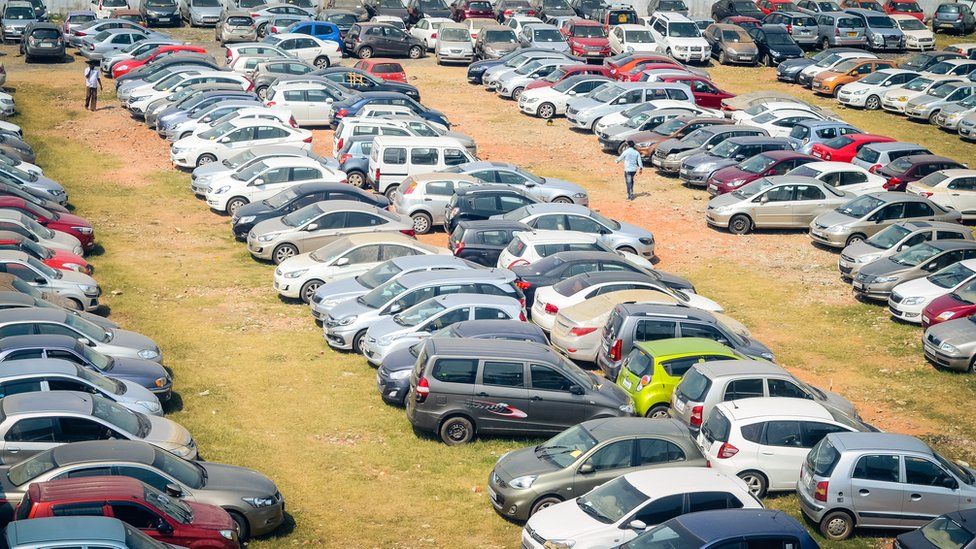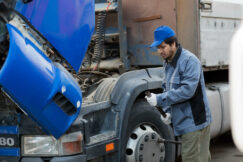Salvage car auctions in North Charleston, South Carolina, are an intriguing market for both buyers and sellers. These auctions offer a unique opportunity to acquire vehicles that have been damaged, often at a significantly lower price than their market value. However, the salvage car auction industry is subject to a complex web of legal regulations that both protect consumers and ensure the integrity of the market. In this article, we will delve into the legal aspects and regulations governing salvage car auctions in North Charleston, shedding light on the intricacies of this industry.

Understanding Salvage Cars
Before delving into the legal aspects of salvage car auctions, it’s essential to understand what salvage cars are. Salvage cars are vehicles that have been damaged to the point where they are declared a total loss by the insurance company. This can result from accidents, natural disasters, or other significant damage. While these cars may seem like lost causes, they often hold significant value to buyers who are willing to repair and restore them.
Salvage Titles
In North Charleston, as in most states, salvage cars are issued salvage titles. A salvage title indicates that the vehicle has sustained substantial damage and has been declared a total loss. These titles are a legal requirement and serve as a crucial piece of information for potential buyers. They provide full transparency regarding the vehicle’s history and its damaged status.
Licensing and Registration
The sale of salvage cars in North Charleston is regulated by the South Carolina Department of Motor Vehicles (DMV). To operate as a salvage car auction, businesses must obtain the necessary licenses and adhere to stringent registration requirements. This includes thorough background checks on the owners and ensuring that the facility meets specific safety standards.
Vehicle Inspections
One of the key aspects of the legal framework governing salvage car auctions is vehicle inspections. The DMV mandates that all vehicles, whether they are destined for repair, resale, or dismantling, must undergo a thorough inspection. This inspection ensures that the vehicle is safe and that it complies with the state’s standards. Any deficiencies discovered during these inspections must be rectified before the vehicle can be sold.
Disclosure of Damage
Honesty and transparency are paramount in the salvage car auction industry. Sellers are legally obligated to disclose all known damages to potential buyers. This includes providing details on the extent of the damage, the type of damage, and any repairs that have been made. Failing to do so can result in severe penalties, including fines and legal consequences.
Bidding and Ownership
Salvage car auctions in North Charleston operate through a competitive bidding process. Buyers interested in a salvage vehicle place bids, and the highest bidder wins the auction. Once the vehicle is purchased, it is crucial to understand that ownership transfers to the buyer immediately. This means that the new owner is responsible for towing the vehicle, completing all necessary paperwork, and complying with any additional legal requirements.
Salvage Car Auction Fees
It’s important to note that participating in salvage car auctions involves various fees. These fees can include auction fees, registration fees, and towing fees. It’s essential for both buyers and sellers to be aware of these costs and plan their budgets accordingly.
Salvage Car Auction and Insurance
When it comes to insurance, salvage cars pose unique challenges. Traditional insurance companies often hesitate to provide coverage for salvage vehicles due to their history of damage. However, some insurers specialize in offering coverage for salvage cars. Buyers and sellers must explore their options and select an insurer that can adequately meet their needs.
Conclusion
Salvage car auctions in North Charleston offer an exciting opportunity for individuals looking to acquire vehicles at a fraction of their market value. However, this industry is governed by a strict legal framework to protect both buyers and sellers. Understanding the legal aspects and regulations surrounding salvage car auctions is crucial to navigate this market successfully.
In summary, the key legal aspects and regulations include salvage titles, licensing and registration, vehicle inspections, disclosure of damage, the bidding process, ownership transfer, fees, and insurance. By adhering to these regulations and understanding the legal landscape, you can confidently participate in North Charleston’s salvage car auctions.



